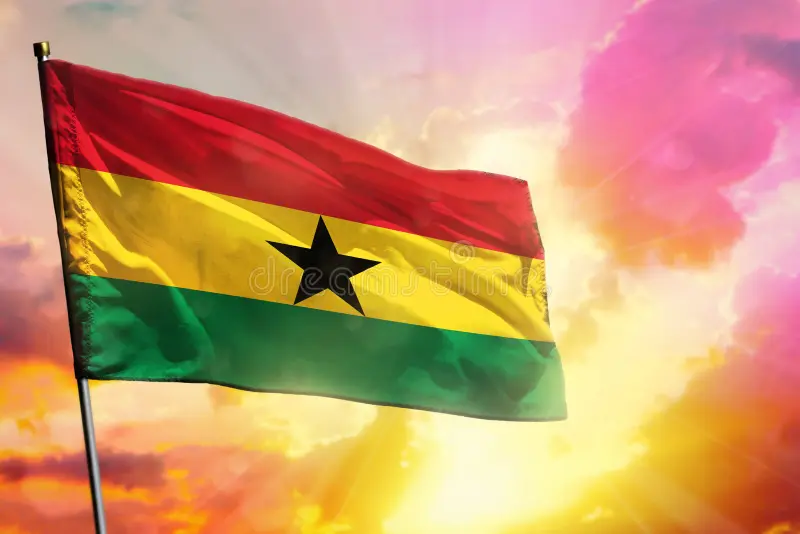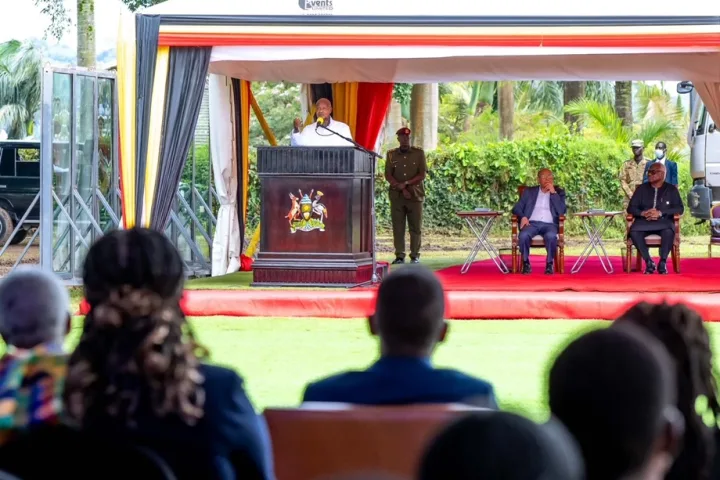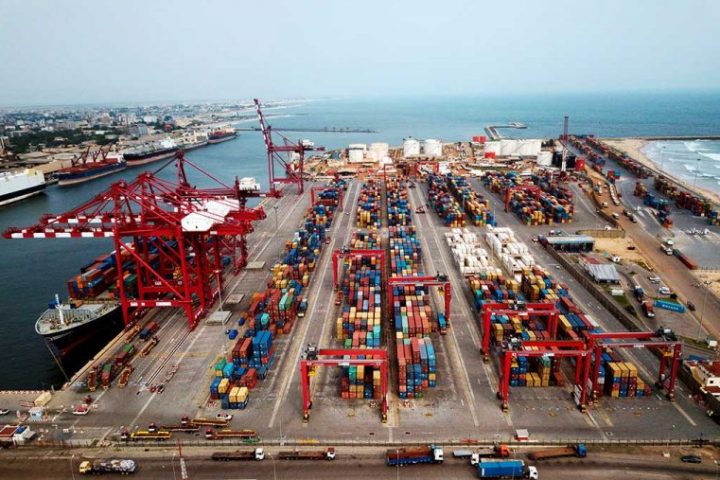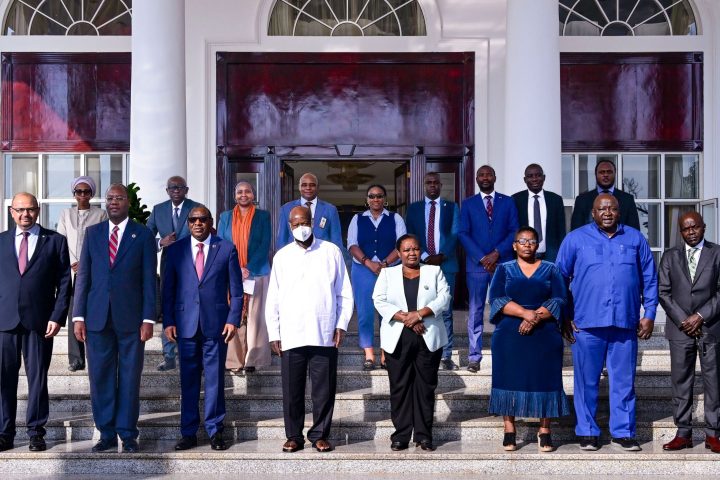Ghana has been ranked as the second most indebted African country to the International Monetary Fund (IMF), according to recent financial reports.
The country’s debt to the IMF in terms of Concessional Lending and Debt Relief Trust stands at 2.242 billion Special Drawing Rights (SDR), equivalent to $2.914 billion as of October 31, 2024. This figure represents 17% of the total borrowings by African nations from the IMF.
Join our WhatsApp ChannelShift in Ghana’s Debt Position
Until recently, Ghana was the most indebted country to the IMF in Africa. However, it has now been surpassed by the Democratic Republic of Congo, whose debt to the IMF amounts to 2.256 billion SDR. Following Ghana, Zambia holds the third position with an SDR indebtedness of 1.272 billion.
Economic Assistance and Bailouts
Ghana’s economic struggles led to the country seeking financial assistance from the IMF in January 2023. The IMF approved a $3 billion bailout package in May 2023 to help stabilise the Ghanaian economy. So far, $1.92 billion has been disbursed under the Economic Credit Facility Programme.
Listing of Indebted African Countries
- Democratic Republic of Congo – $2.256 billion SDR
- Ghana – $2.242 billion SDR
- Zambia – $1.272 billion SDR
These countries have sought assistance from the IMF to address their economic challenges.
Understanding Concessional Lending
Ghana’s loan exposure to the IMF is classified as concessional lending, which offers low-interest financing. This type of lending is aimed at helping low-income countries like Ghana manage their economic difficulties.
READ ALSO: 1win Brings Christmas Comfort to Cancer Patients in Ghana
The loans are provided under the Poverty Reduction and Growth Trust (PRG Trust), which supports eligible member countries with more favourable terms than standard IMF loans.
Current State of Ghana’s Economy
The country’s reliance on concessional loans highlights the severity of its economic challenges. The IMF’s Quarterly Finances report showed that Ghana’s outstanding concessional loans had increased compared to July 2024.
This growing debt underscores the ongoing financial struggles and the critical need for continued international support.
Efforts to Stabilise the Economy
The $3 billion bailout package approved by the IMF is part of a broader strategy to revive Ghana’s economy. The financial aid is expected to provide relief and help the country navigate through its current economic crisis.
The government and financial institutions are working closely to implement measures that will ensure long-term economic stability.
Ghana’s Path Forward
As Ghana navigates its economic challenges, its status as the second most indebted African country to the IMF reflects the broader financial difficulties faced by many nations in the region. The country’s efforts to stabilise its economy will require sustained international support and effective domestic policy measures.
Emmanuel Ochayi is a journalist. He is a graduate of the University of Lagos, School of first choice and the nations pride. Emmanuel is keen on exploring writing angles in different areas, including Business, climate change, politics, Education, and others.


















